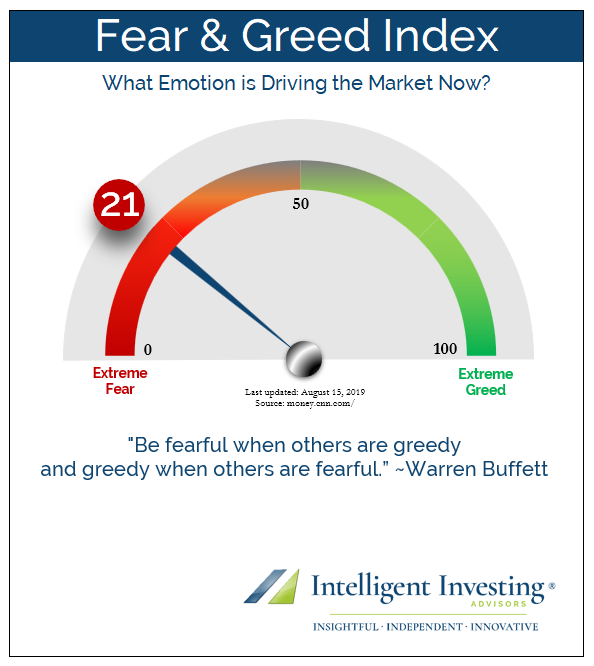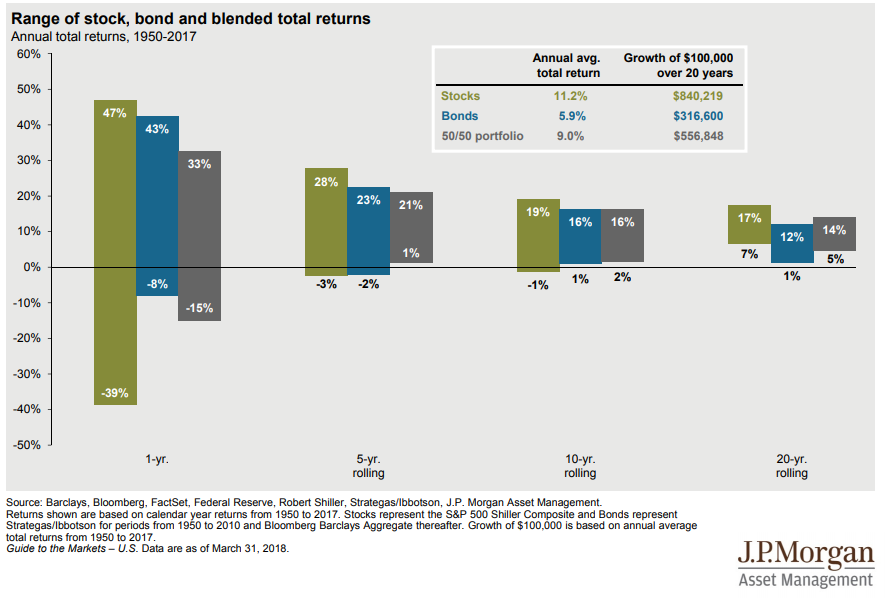Podcast: Play in new window | Download

Reading Time: 2 minutes
On today’s Intelligent Money Minute, we’ll interview Dr. Kathleen Rehl on grief: the first stage of widowhood. In Kathleen’s book, Moving Forward on Your Own: A Financial Guidebook for Widows, three stages of widowhood are mentioned. Due to the countless widows Kathleen has mentored, grief is the first stage discussed in her book. According to Kathleen, the most noteworthy physical effect of widowhood is that of the brain. Because of the effects in decision-making, a widow should not be making irrevocable financial decisions right away. Rather, her immediate needs and those of her new life ahead should be focused on. Widows should be encouraged to take a moment to breathe, not to be pressured to make rash decisions.
If you are a recent widow or know of a widow who is in this first stage of widowhood called Grief, it may be best just to take a moment to breathe as Kathleen suggests. Take your time to slowly process your thoughts and don’t make any rash financial decisions because you are feeling pressure from friends or family. We understand that all widows have a need to feel financially secure. We’ll be interviewing Kathleen on the other two stages of Widowhood- Growth and Grace, so be sure to subscribe by going to investedwithyou.com/podcasts. We’ll also have a link to the PDF she mentions here.
On upcoming podcasts, Kathleen will talk about the three stages of widowhood- Grief, Growth, and Grace, so be sure to subscribe by clicking here.
Kathleen Rehl Bio
Kathleen M. Rehl, Ph.D., CFP®, CeFT® wrote the multi-award-winning book, Moving Forward on Your Own: A Financial Guidebook for Widows. Experiencing widowhood herself, Dr. Rehl empowers widows financially™ and inspires their advisors. Her work has been featured in the New York Times, Wall Street Journal, AARP Bulletin, CNBC, USA Today, U.S. News & World Report, Journal of Financial Service Professionals, Journal of Financial Planning, and other publications. Rehl owned a financial planning firm for 17 years before retiring to her “encore” career. She walks an hour daily, practices yoga, enjoys art and music festivals, writes poetry and makes art, loves her grandsons . . . and continues to evolve on her journey.







